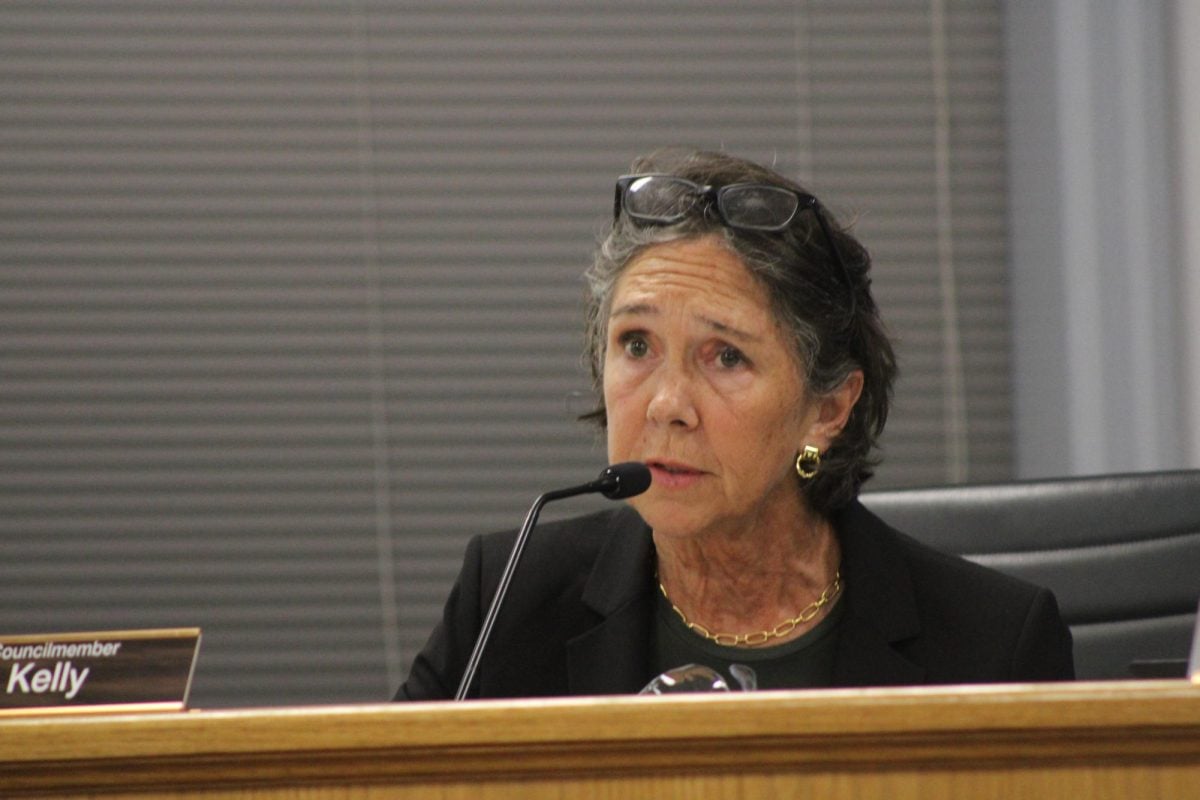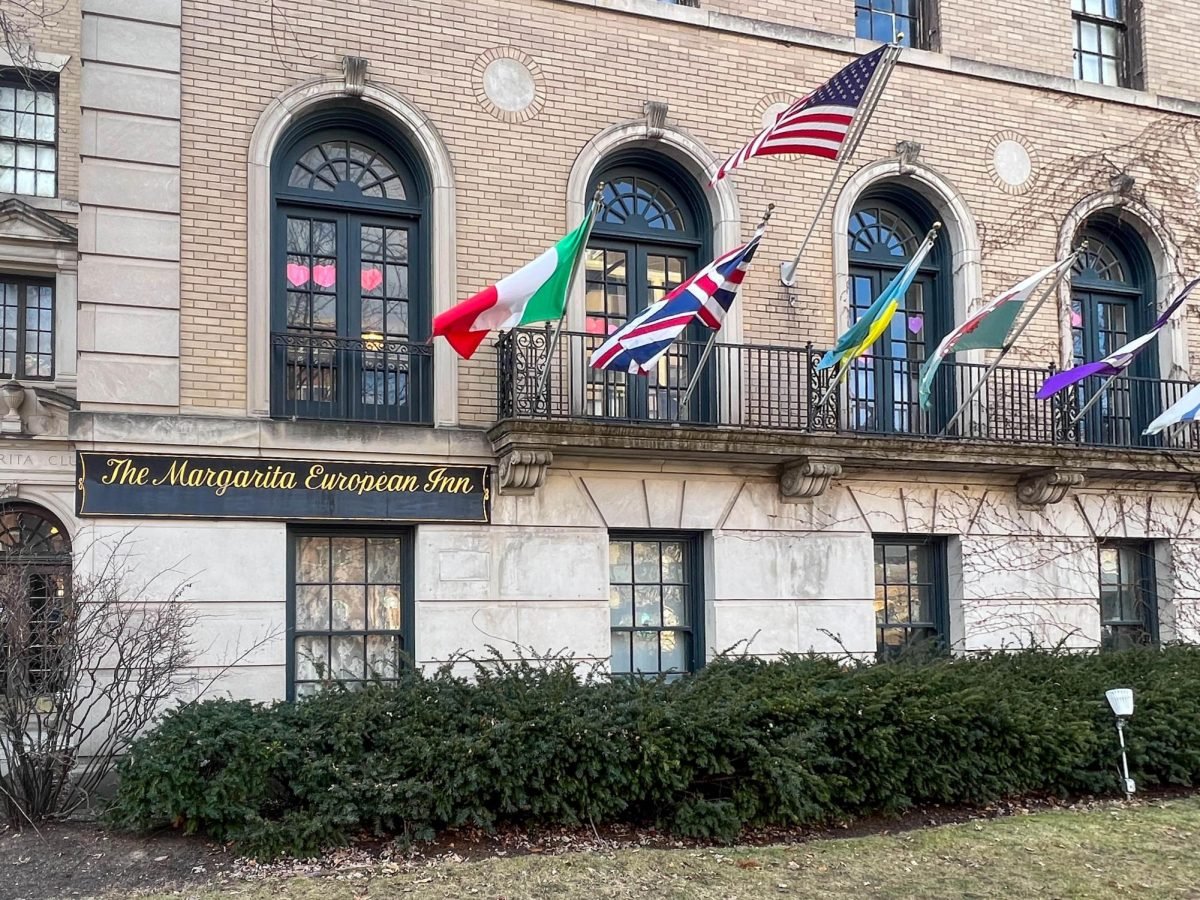Evanston aldermen on Monday approved a new contract for the city’s electric aggregation program, bumping most residents’ rates by more than 8 percent beginning this summer.
“We reaffirmed our commitment to 100 percent renewable energy,” Ald. Jane Grover (7th) told The Daily on Tuesday. “I’m very proud of Evanston.”
The City Council unanimously voted for the new agreement with Verde Energy USA Illinois LLC, which increases the price per kilowatt hour from 4.797 cents to 5.192 cents. The new rate means about an extra $4 a month for the average household.
The Verde cost could rival that of ComEd this summer, when the statewide electricity supplier says its price per kilowatt hour could drop to 5 cents.
“The difference is just pennies a day, but the benefit to the environment and the planet to do all that we can to stop using fossil fuels is worth it,” said Eleanor Revelle, president of Citizens’ Greener Evanston, on Tuesday.
The city weighed three other bids for the one-year contract, which is currently held by Constellation Energy and expires in July. Constellation was planning to raise its price kilowatt hour to about 5.6 cents.
Revelle was one of several proponents of the aggregation program who urged aldermen to approve the new agreement at Monday’s council meeting.
“As you know, you guys voted for it last year, we were one of the few cities in Illinois to do that, and it would be nice for us to keep that leadership position,” said Ron Fleckman, who is on the executive committee of Citizens’ Greener Evanston.
Evanston is now among nearly 400 communities in Illinois with an electric aggregation program, according to Plug In Illinois, a state website that tracks municipal energy options.
About two-thirds of Evanston households participate in the program, city spokesman Eric Palmer said. About 10,000 households have opted out.
More than 70 percent of Evanston voters said yes to a referendum question about the program in March 2012. At the time, Evanston Mayor Elizabeth Tisdahl said electricity aggregation allows the city to “secure cleaner, greener power” at a more affordable cost for residents and small businesses.
Grover said it’s “safe to say” most residents still support the program, even if it means a few more dollars on their monthly bill.


















